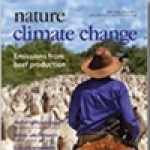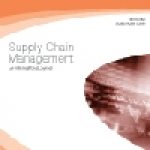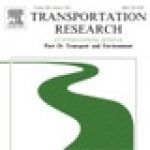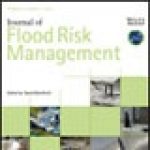The Oxford Martin Programme on
Resource Stewardship
The Oxford Martin Programme on Resource Stewardship was established in 2012 with funding from the Oxford Martin School for a three-year programme of research. Although funding of the Programme has finished, its Directors; Professor Jim Hall, Professor Myles Allen, and Professor Steve Rayner remain actively involved with the School.
the project
We are working across the sciences, social sciences and humanities to radically rethink global resource stewardship.
We aim to deliver a framework, accountable to future generations, that will create actionable input on critical global issues such as freshwater resources, land-use and atmosphere.
Freshwater, land, atmosphere and biodiversity are universally vital resources subject to both cumulative and systemic pressures arising from human activities, which put them under threat of severe degradation and even depletion. Around the world these key resources are subject to a wide range of property rights and management regimes, the environmental efficacy and social equity of which are subject to competing ideological claims and disciplinary critiques.
We have gathered an interdisciplinary team of philosophers, anthropologists, economists, modellers and environmental scientists to rethink how we monitor, manage, maintain and allocate globally important resources.
Our aim is to work through understandings of individual and collective behaviour and current institutional practice, with a focus on how technical information is used in decision-making, to deliver a new framework for stewardship that will ensure that the world’s essential resources remain available for generations to come.
research themes
Fundamental principles of resource stewardship
The tragedy of the commons, where the actions of individuals or small groups lead to a disastrous depletion of finite resources, is an ethical problem related to the values and behaviour of consumers and polluters. To avoid the irreversible loss of globally shared resources, we need to change common sense morality. This project brings together social scientists, modellers and philosophers to study the nature of moral limitation, and how that causes us to fail to co-operate in the global stewardship of shared resources.
How can science inform resource stewardship?
What can we learn from mismatches, failures and successes in the use of scientific information in resource stewardship? How can information be used effectively, despite varying levels of uncertainty and risk in the reliability, accuracy and reputation of science, modelling and forecasting efforts?
By asking and answering these questions, we aim gain an understanding of the impact of different information types on decision-making.
A multi-scale, multi-dimensional problem
A lack of understanding of the way in which impacts propagate across scales of resource management has been one of the reasons for chronic resource degradation. This project takes a multi-scale approach to analysis, embedded within the context of multiple drivers of global change. With a focus on land and water resources, the aim is the development of a global assessment tool that will help identify different options for local land use anywhere in the world. Ultimately, the project aims to develop effective pathways for long term global resource stewardship.
videos
Africa, Dams and Development
Making sense of recent climate change
Decades of Freight in the European Union: Thinking of 2050
Were recent UK floods due to climate change?
The science behind drawing conclusions on climate change
Prosociality and trust
What is the 'trillionth tonne'?
"Resource stewardship – can we develop a new common sense morality?" with Prof Myles Allen
publications

New use of global warming potentials to compare cumulative and short-lived climate pollutants
How hot does it get in a world of classical economists?

Drivers of peak warming in a consumption-maximizing world

Pills or Push-Ups? Effectiveness and Public Perception of Pharmacological and Non-Pharmacological Cognitive Enhancement

Handbook on Transport and Development

Handbook of Clean Energy Systems, Vol. 6 Sustainability of Energy Systems

Climate policy and solutions for green supply chains: Europe's predicament

Securing Water, Sustaining Growth

Coping with the curse of freshwater variability

Innovation, the diesel engine and vehicle markets

The role of short-lived climate pollutants in meeting temperature goals

Impact of delay in reducing carbon dioxide emissions

Adaptation to flood risk in China
Keep in touch
If you found this page useful, sign up to our monthly digest of the latest news and events
Subscribe